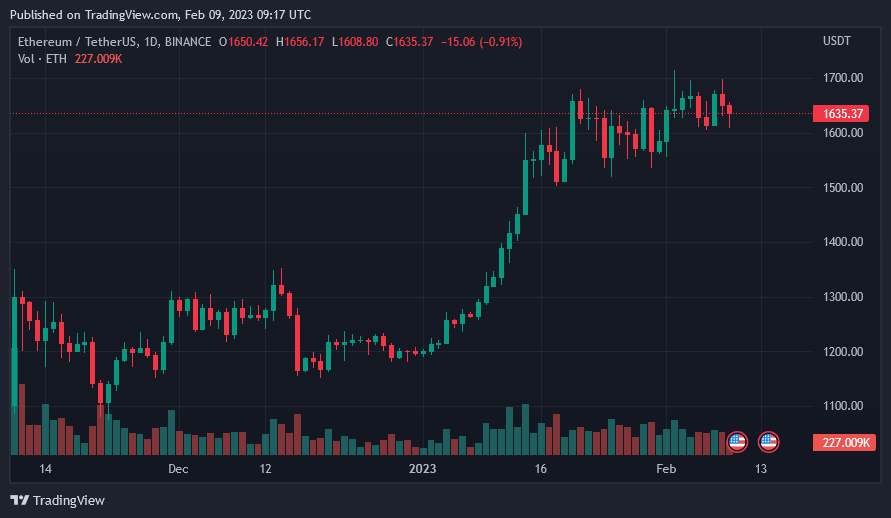Charles Hoskinson, the founder of Cardano, thinks the entire staking model used in Ethereum is problematic.
The Ethereum Staking Model is Flawed, Says Cardano Founder
Charles waded into the staking discussion following Brian Armstrong’s unconfirmed rumors that the United States Securities and Exchange Commission (SEC) planned to ban retail crypto staking in the country.
Ethereum relies on a community of validators to approve transactions and to decentralize the network, securing the platform. In this arrangement, node operators have to lock at least 32 ETH, locking them while also operating a node with the requirement that it must have high uptime.
Besides the high capital upfront, users must ensure they comply with network rules, including being highly reliable and not engaging in activities that might compromise the blockchain. Validators who fail to meet the bare minimum are penalized through slashing.
Using this system, Charles Hoskinson who is one of the six co-founders of Ethereum, believes users engage in what he says is unlawful trading of regulated products.
Charles points out that the requirement that validators must lock coins is a poor design. This, he argues, is a flaw that makes validators appear to trade regulated products. The founder of Cardano also dismissed “slashing and bonding” systems used in Ethereum to keep validators in check. He said they are “not so good.”
Meanwhile, Charles thinks non-custodial liquid staking providers such as Lido Finance are similar to mining pools that have been used for the last 13 years.
He concludes that what Ethereum has as a staking model hurts the industry and is the source of misunderstanding that may lead to the regulator banning this consensus system.
In Cardano, users can stake ADA but use staked coins to engage in activities like initial stake pool offerings (ISPOs). Cardano remains one of the most decentralized proof-of-stake networks, with 2,950 stake pools as of February 9.

Ethereum Price On February 9 | Source: ETHUSDT On Binance, TradingView
Will The SEC Ban Crypto Staking?
Brian Armstrong, the CEO of Coinbase, took to Twitter to reveal that the SEC was looking to “get rid of crypto staking in the U.S. for retail customers.”
1/ We’re hearing rumors that the SEC would like to get rid of crypto staking in the U.S. for retail customers. I hope that’s not the case as I believe it would be a terrible path for the U.S. if that was allowed to happen.
— Brian Armstrong (@brian_armstrong) February 8, 2023
Brian alleges that the SEC has plans to bar retail customers in the country from crypto staking. He argues that if this comes to pass, it will be a terrible path for the country.
Related Reading: Why Are Liquid Staking Cryptocurrencies Seeing Double-Digit Gains?
The Coinbase CEO defended the role of staking in the industry, saying “Staking is a really important innovation in crypto. It allows users to participate directly in running open crypto networks. Staking brings many positive improvements to the space, including scalability, increased security, and reduced carbon footprints.”
He further added that the SEC should not stifle the growth of these technologies in the U.S. because they are important matters of national security.
Several influencers and project founders have chimed in on the rumor, but Charles’ attack on Ethereum is the most visible.
Feature image from Coinbase, Chart from TradingView
